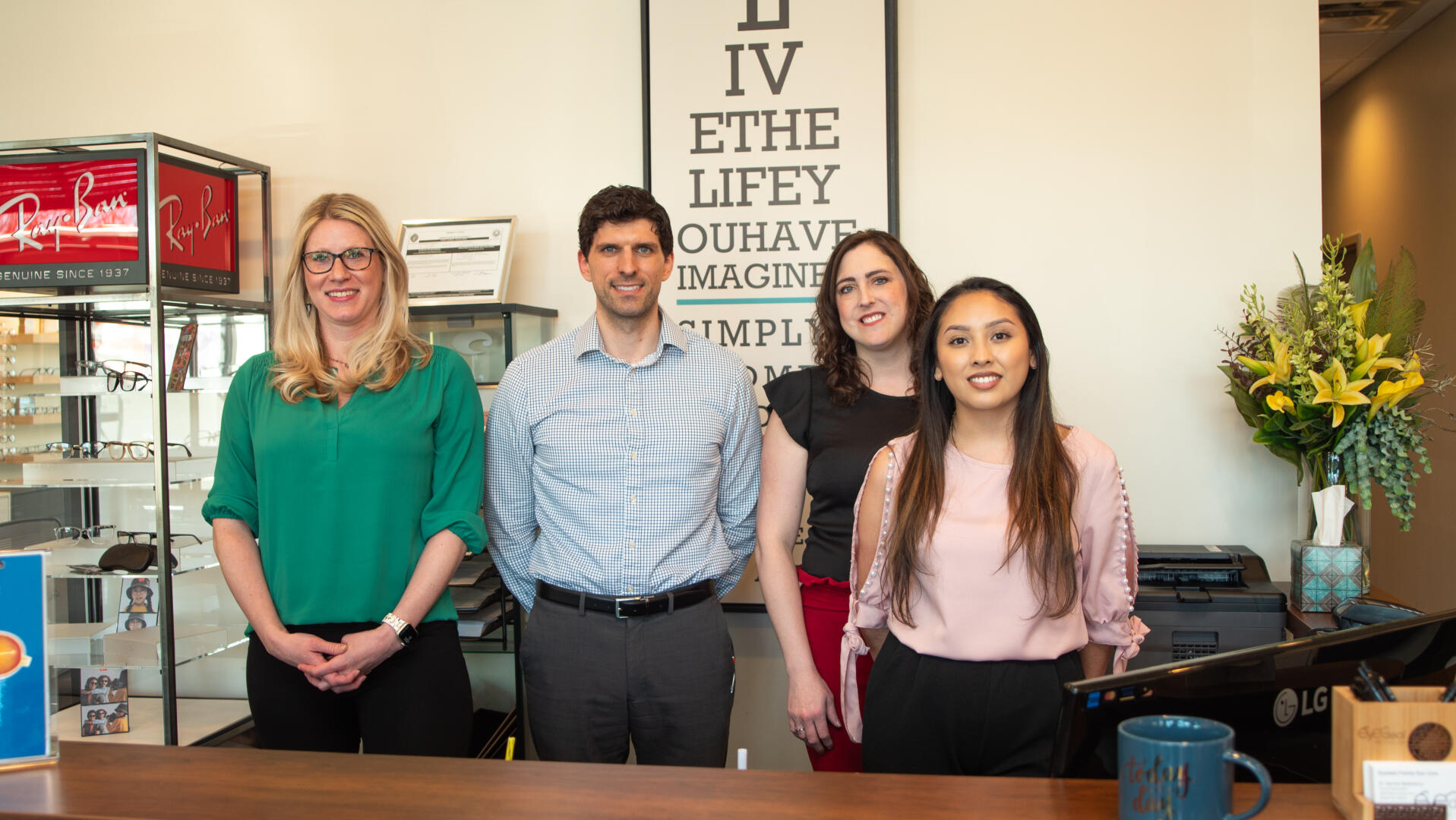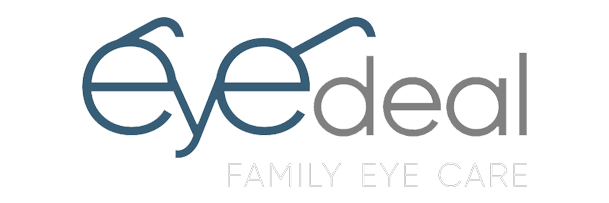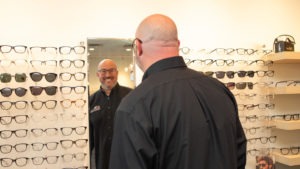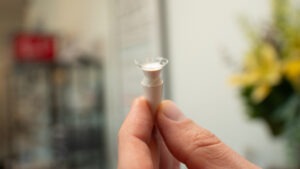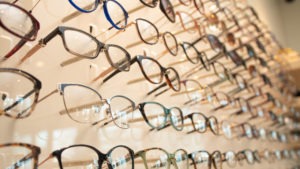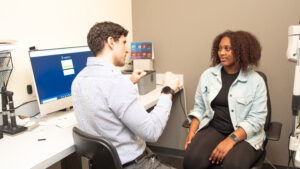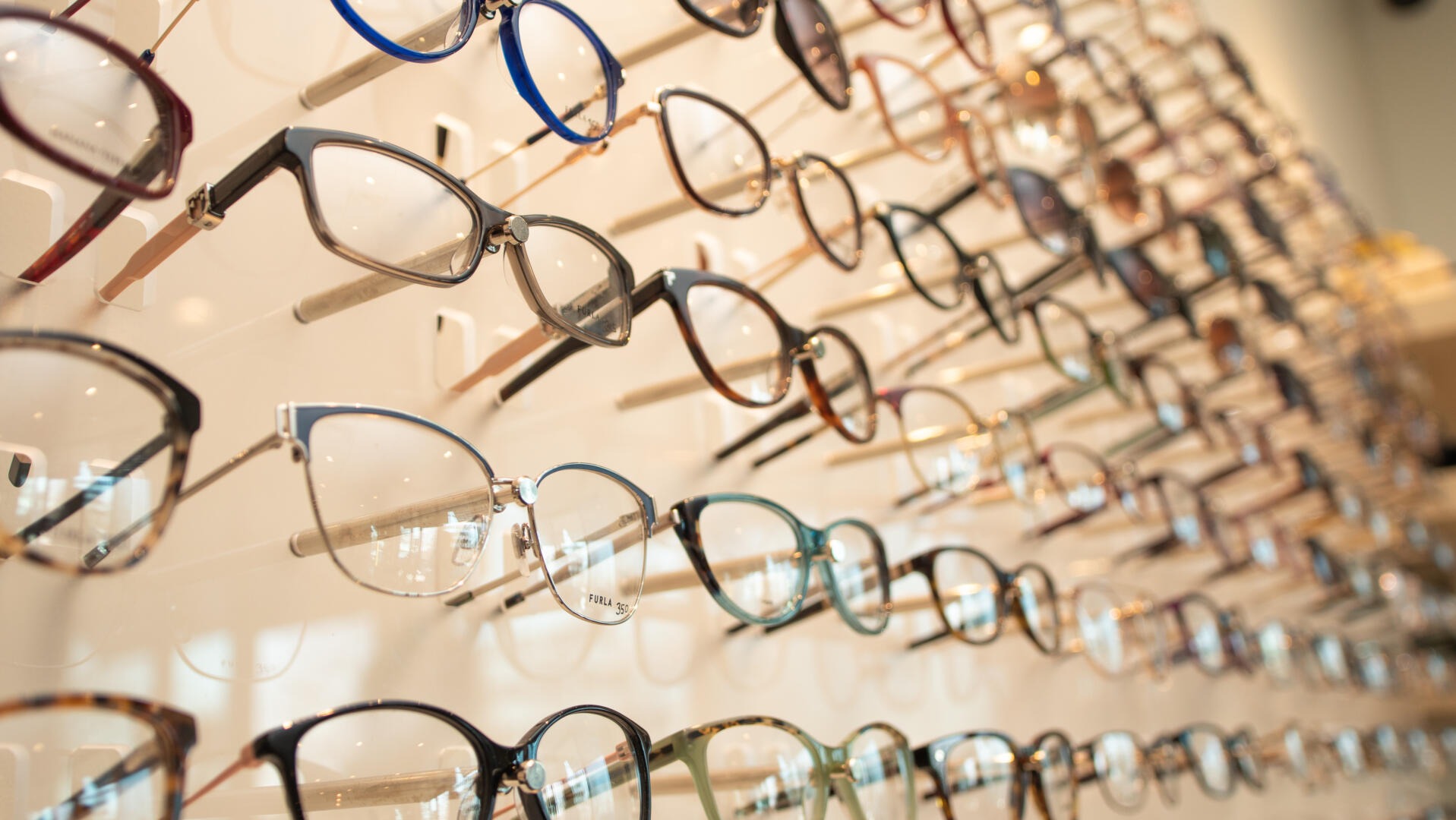Below, you’ll find a quick deep dive into the top six Frequently Asked Questions for eye care solutions at Eyedeal Family Eye Care. You’ll find all the answers about what happens during an eye exam, how often you should get your eyes checked, the age each family member should start getting their eyes checked, and the different lenses your family could have.
1. What happens during an eye exam?
The first step to living a comfortable life with your vision is scheduling an eye exam with our optometrist. Eyedeal Family Eye Care is your local optometrist with a team who has more than 20 years of experience in the field of fitting clients to glasses and contacts.
During a thorough eye exam, our eye doctor will not only determine if you need glasses, but we’ll also check your eyes for common eye disorders, analyze how your eyes perform together, and evaluate your eyes’ overall health.
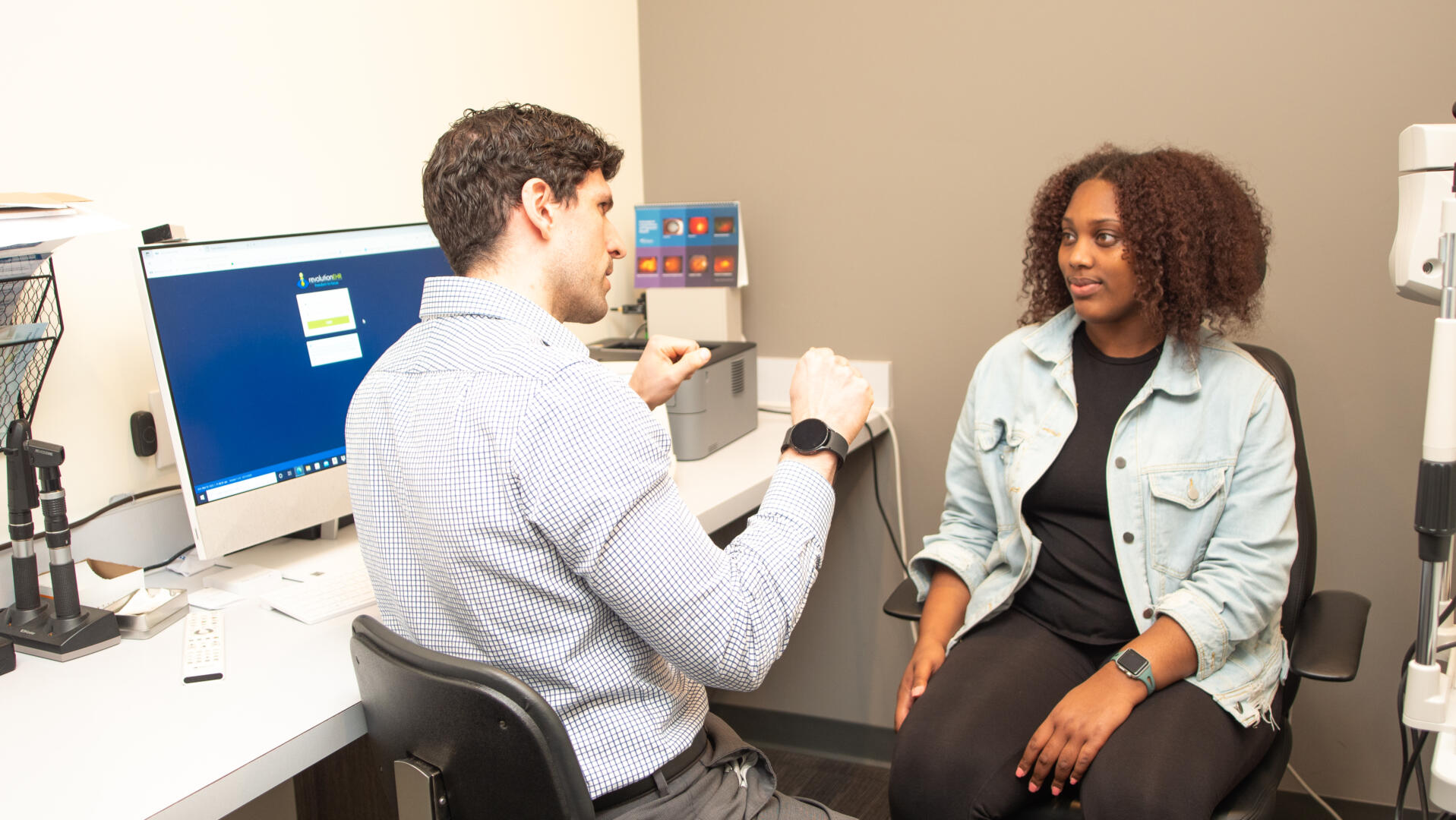
Dr. Badaracco will likely use various instruments for the series of eye tests which include looking through an array of lenses and shining bright lights at your eyes. The eye exam lasts no more than 30 minutes. From there, the exam provides the opportunity to correct and adapt to vision changes, and Dr. Badaracco can provide you with tips on caring for your eyes.
2. Why are eye examinations important?
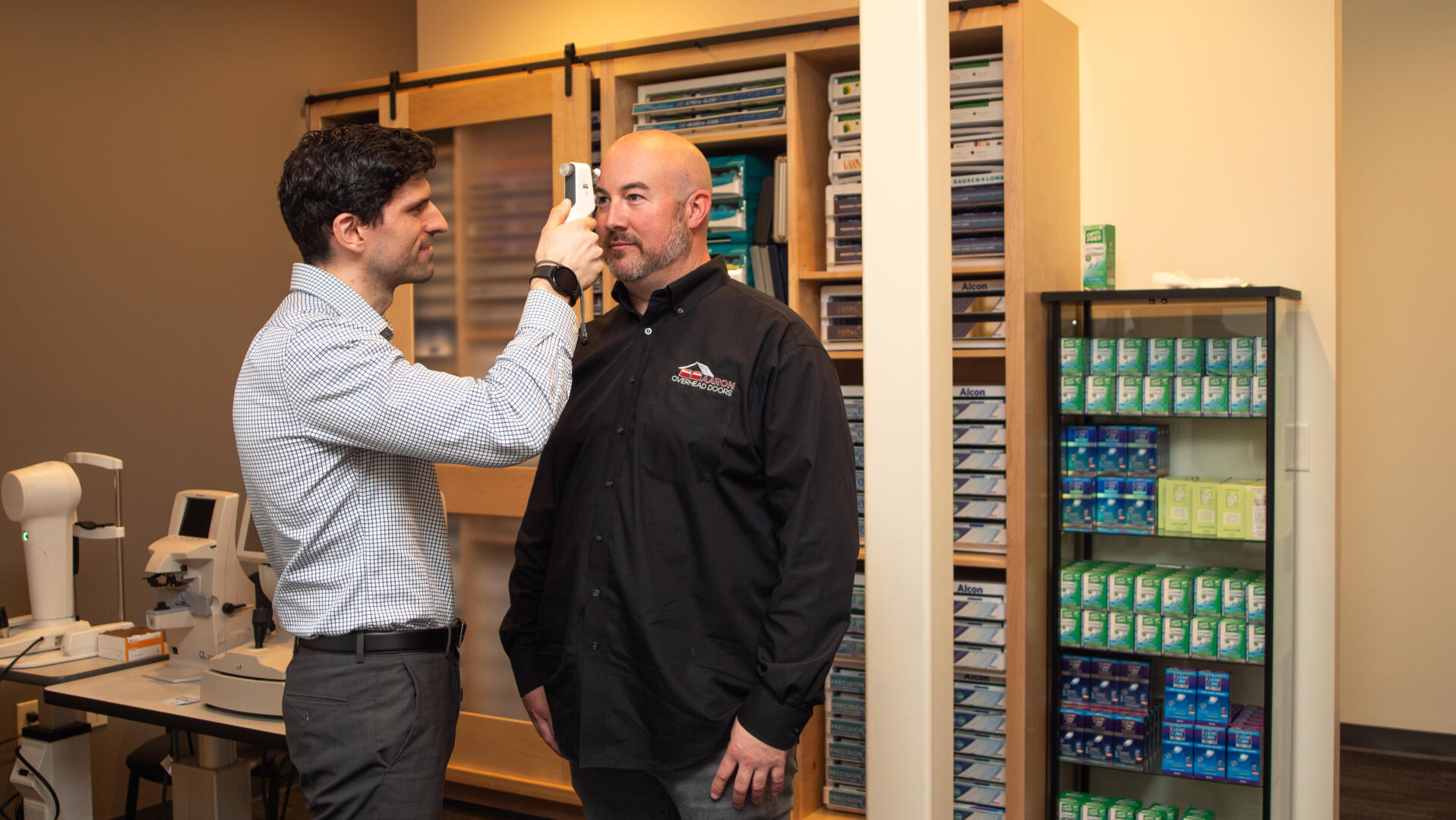
Thorough eye examinations are essential for detecting any eye problems in their early stages, regardless of someone’s age or physical health. Detecting any eye problems at their earliest stage is when they’re most treatable. Even if you have 20/20 vision, an eye exam from Eyedeal Family Eye Care can assess your eye’s overall health.
3. When should an adult’s eyes be examined?
As you get older, it is more likely that your vision changes and eye diseases start to develop. Adult eye exams should be performed on a regular basis. Young adults between the ages of 18 and 39 should be checked every 1 to 3 years.
If you are healthy and experience no symptoms of vision problems, the American Academy of Ophthalmology recommends having a complete eye exam by the age of 40. If you’re 60 or older, have your eyes checked every year or two.
Older adults should go for eye care solutions more often when they:
- Have a family history of vision loss or eye disease
- Wear glasses or contact lenses
- Take medications that have serious eye side effects
- Have a chronic disease like diabetes that puts you at greater risk of eye disease
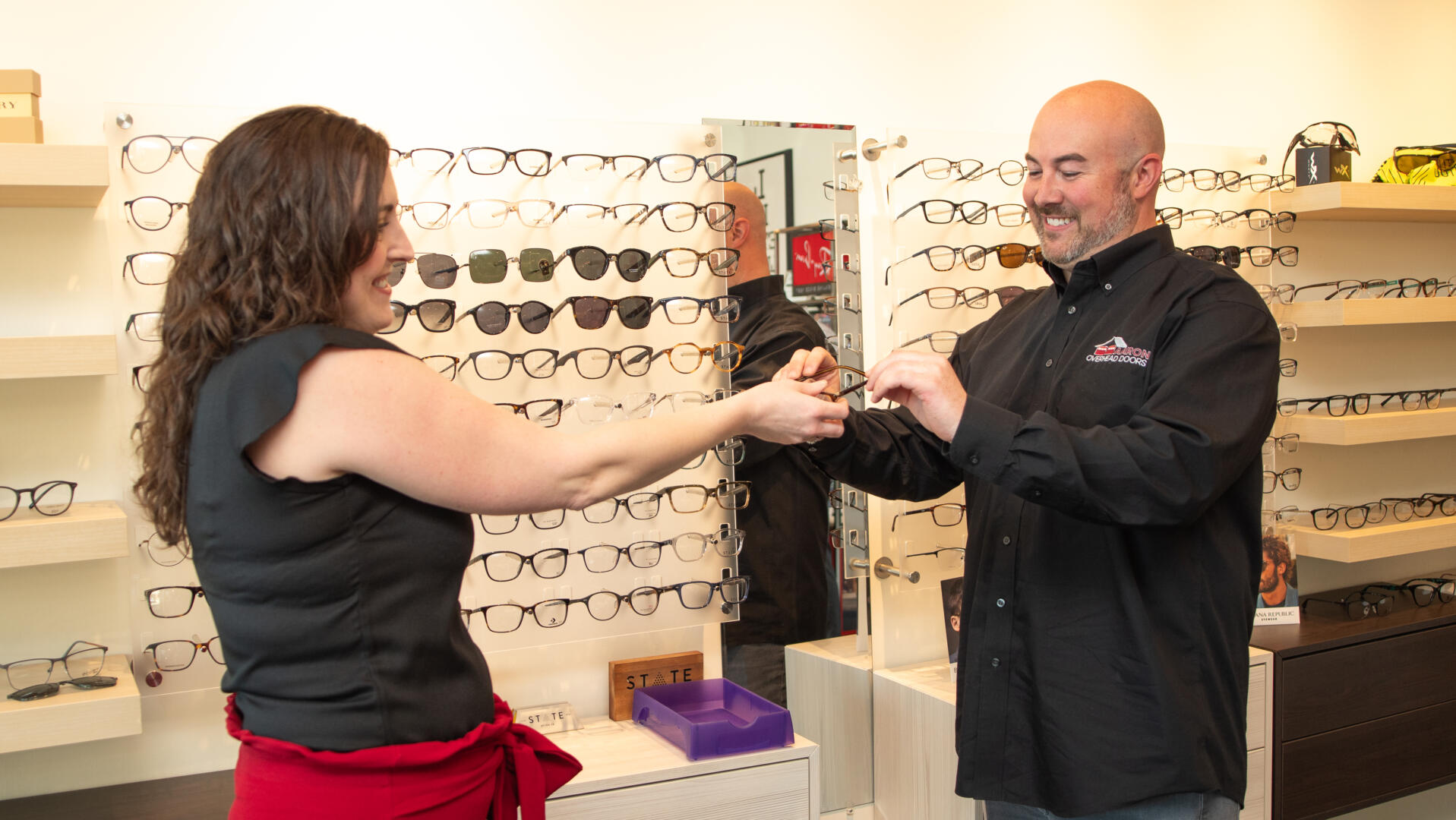
4. When should my child’s eyes be examined?
Vision is usually tested as part of a child’s medical evaluation. If your child is three years and younger, your child’s pediatrician will check if your child has healthy eye development. Between the ages of three and five is when a more comprehensive exam will look for eye alignment and problems with vision.
Bring your child in for an eye exam at Eyedeal Family Eye Care before kindergarten starts. If there is any indication of an eye issue, we may refer the youngster to an ophthalmologist.
While we have the ability to fit your child for glasses, perform complete eye exams, diagnose common eye disorders, prescribe eyeglasses, and treat selected eye diseases with drugs, an ophthalmologist treats complex eye diseases and performs eye surgery.
5. At what age can someone start wearing contact lenses?
Most optometrists recommend contact lenses for when a child is more mature to handle the responsibility of cleaning their contact lenses. Typically children start wearing contacts at the age of 12 or 13.
Daily or 1-Day lenses are easier for children and teens because they require zero maintenance and are a safer option for younger wearers. These lenses are “daily disposable” lenses that are worn only during waking hours and are meant to be disposed of every evening.
6. What are scleral lenses?
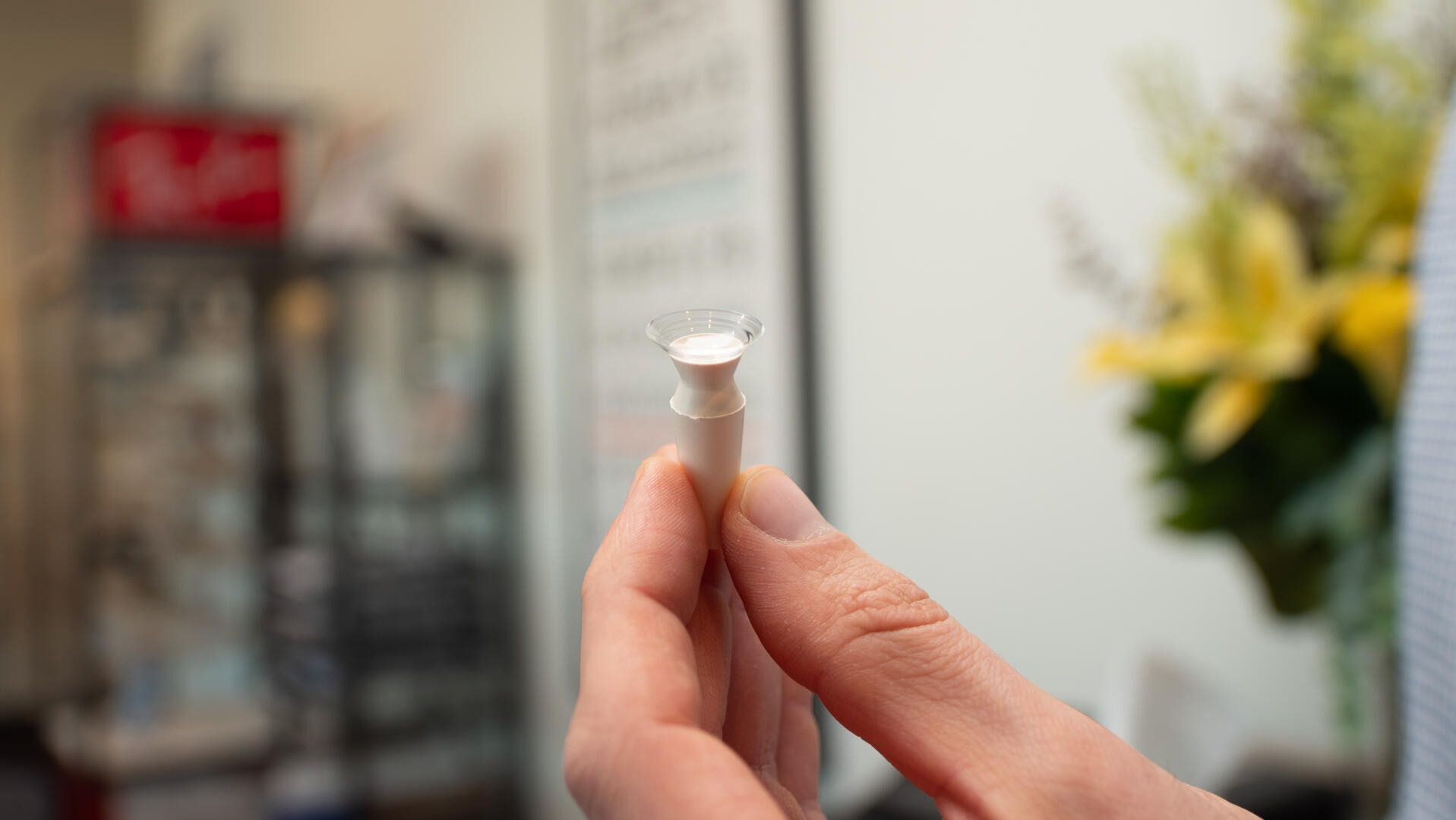
Scleral lenses are specialty lenses that help treat eye disorders. They are designed to rest on the sclera and cover the entire corneal surface. If you have an irregular cornea, for instance, these specialty lenses can provide a smooth optical service as an optimal eye care solution.
There are no age restrictions to be fitted for scleral lenses. Your vision problems may be remedied with a scleral lens, as these are worn by patients with eye disorders or injuries to protect the surface of their eyes.
We Focus On Your Family’s Eye Health
Eyedeal Family Eye Care is here to help all things eye-related—even the sensitive skin around your eyes! We prioritize our patients, and we cater to the whole family. Eyedeal provides products and services that help treat, heal, and improve your vision. Let our eye specialists perform your eye exam today!
